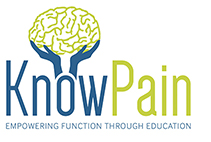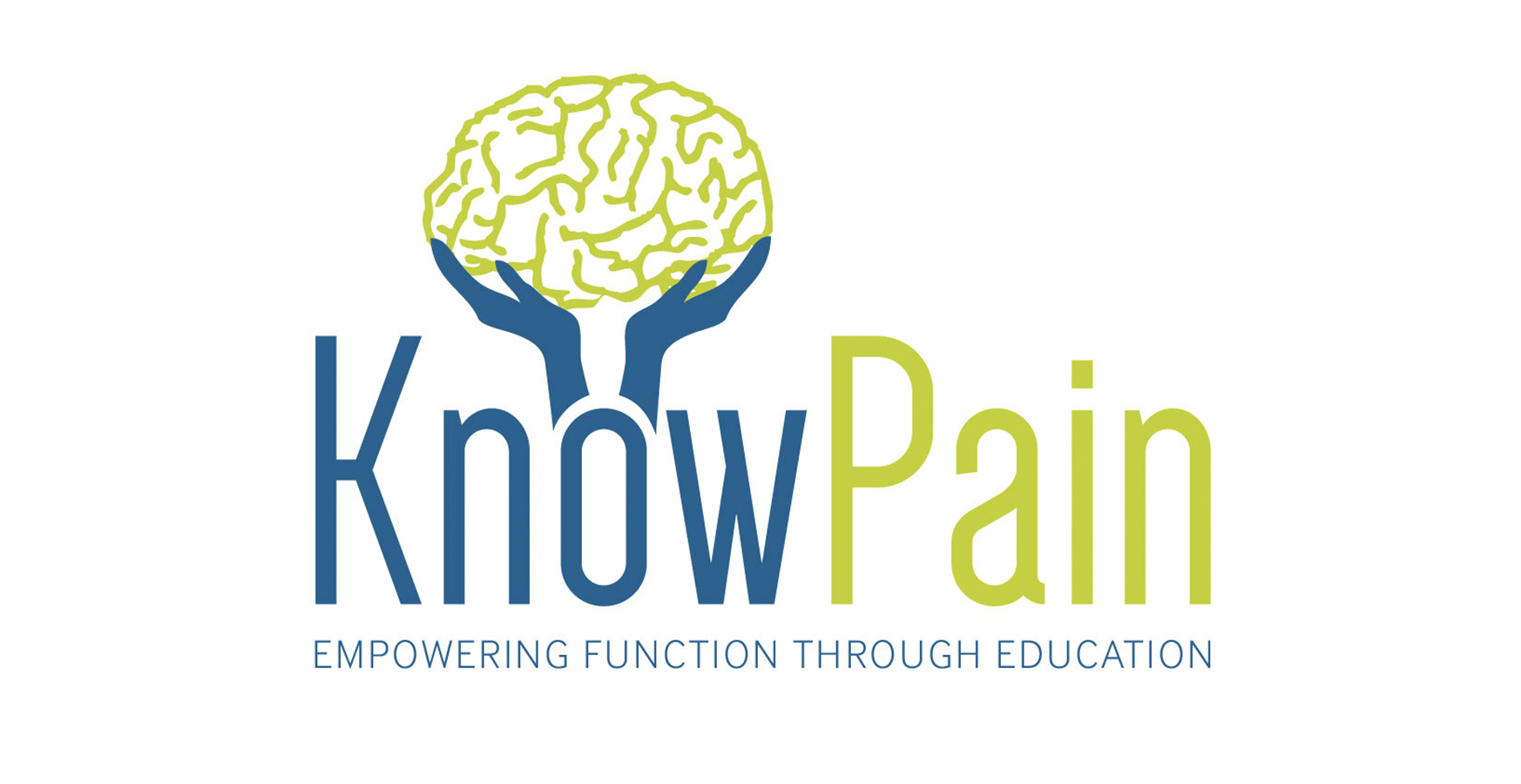The challenge of successfully managing persistent pain can be one of the most daunting for both clinicians and sufferers.
Patients are often frustrated after failed short-term interventions. It is often difficult to understand and explain high and prolonged levels of pain where a traditional tissue based cause is lacking.
Less than 1% of overall healthcare training is devoted to pain education (Briggs, Carr & Whittaker, 2011). Furthermore, a considerable gap exists between many healthcare professionals understanding of how to teach and their ability to meet the demands of contemporary pain education.
Here’s my INTERVIEW-WITH-CHRIS-MURPHY from PhysioUK where we discuss, amongst other things, how a Know Pain course will help you to develop your pain education skills.
In addition, the following questionnaire aims to help you highlight any areas of your practice which might require professional development. All of the topics covered within the questionnaire relate to typical elements of the Know Pain course content.
Treating patients with persistent pain can be extremely challenging. This questionnaire aims to establish how comfortable you feel when facing this challenge.
1. How happy are you with your ability to explain persistent pain to your patients at a level that makes sense to them?
- Very happy
- Happy
- Somewhat happy
- Not at all happy
2. What do you feel people with persistent pain want from healthcare?
3. How comfortable are you in your ability to explain imaging results to your patients at a level that is meaningful to them?
- Very comfortable
- Comfortable
- Somewhat comfortable
- Not at all comfortable
4. When faced with the complex challenges that persistent pain brings to practice, it is often difficult to see the big picture. How happy are you with your ability to think broadly when meeting this challenge?
- Very happy
- Happy
- Somewhat happy
- Not at all happy
5. How comfortable are you with your ability to explain evidence-based pain management models to your patients at a level that makes sense to them?
- Very comfortable
- Comfortable
- Somewhat comfortable
- Not at all comfortable
6. People with persistent pain often perceive that healthcare professionals are telling them that their pain is “in their head”. How comfortable do you feel when challenging this statement?
- Very comfortable
- Comfortable
- Somewhat comfortable
- Not at all comfortable
7. How happy are you with your ability to guide fearful, anxious patients who’ve previously found physiotherapy unsuccessful, through a graded exercise programme?
- Very happy
- Happy
- Somewhat happy
- Not at all happy
8. How aware are you that the use of metaphors affects your communication with patients?
- Very aware
- Quite aware
- Unaware
9. How comfortable are you in your ability to integrate psychological management strategies such as cognitive behavioural therapy (CBT) into your practice?
- Very comfortable
- Comfortable
- Somewhat comfortable
- Not at all comfortable
10. How happy are you with your ability to access and recommend evidence-based, multimedia learning related to persistent pain management for your patients?
- Very happy
- Happy
- Somewhat happy
- Not at all happy
11. How much do you understand and apply evidence-based adult learning theories and andragogy when educating people about their pain?
- Not at all
- Somewhat
- Fully understand

